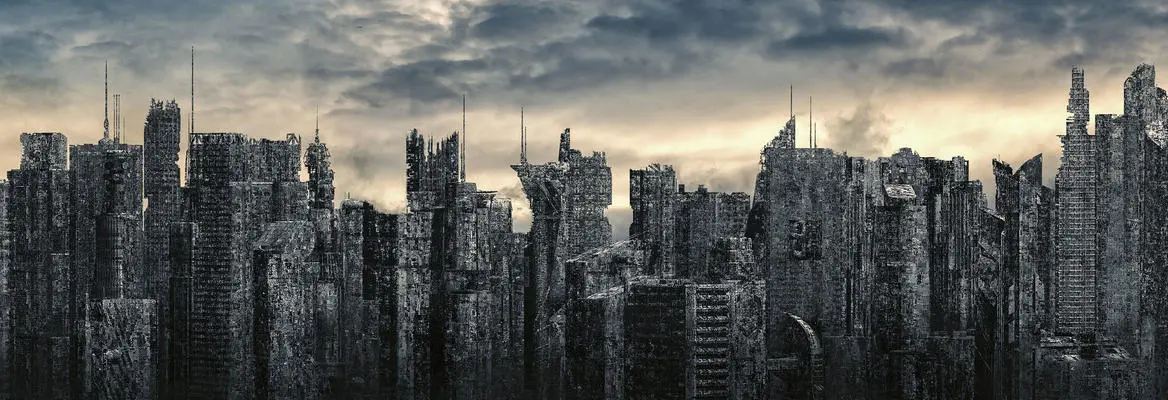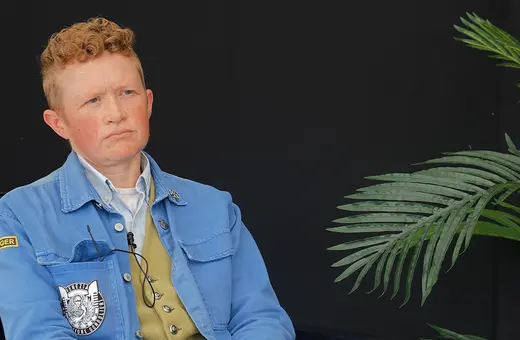Post-apocalyptic scenarios fascinate us, as protagonists are thrown into a Hobbesian world of savagery and betrayal. These stories remind us of the precarious nature of human existence, made all the more apparent by the Covid-19 pandemic, and provide an opportunity to test our moral virtue.
A virus is released from an experimental laboratory in Cambridge, which causes uncontrollable and deadly rage in its victims. When it infects the people of Britain, they transform into a zombie-like state, resulting in mass carnage and the eventual collapse of society. In the middle of this, a man named Jim awakes from a coma to find London mostly deserted and uninhabited 28 days after catastrophic events first struck.
If this scenario sounds familiar, that is because it is the plot of 28 Days Later, a film by the renowned director Danny Boyle which explores a post-apocalyptic scenario brought about by a deadly virus. This film, like a very great many others in the disaster genre, was not only a considerable success in box office sales, it also received a number of awards, and spawned a sequel (28 weeks later ) , a graphic novel (28 Days Later: The Aftermath), and was credited with beginning a revival of zombie films. Despite its popularity, the film’s poster leaves you in no doubt that watching this film will be terrifying and ought to disturb you. However, in the process, it will also entertain and titillate you.
Given the reality of such scenarios would be undeniably dreadful and shocking, why is there a widespread fascination with the portrayal of such dark and terrible situations?
At the time of writing we are facing a worldwide pandemic due to the COVID-19 virus and normal day-to-day life has become impossible. We face distressing events such as the illness itself, the possible death of loved ones, a rise in mental illness due to anxiety and social isolation over long periods, and the catastrophic loss of jobs due to the shutdown of normal social activities. Many have deep concerns about the future economic effects of this virus with all the unavoidable deleterious political, social and psychological effects. It is no surprise that most of us want this escalating crisis and nightmare to end as quickly as possible. Living through this crisis is neither entertaining nor titillating.
Disastrous or apocalyptic situations have been the subject of films, plays, comics and novels for decades. Stories and films, which depict man-made and natural disasters, as well as post-apocalyptic scenarios, have long been the subject of some of the most popular forms of entertainment. Think, for example, of the spate of iconic disaster films that were produced in the early 1970s Airport, The Poseidon Adventure, The Towering Inferno, and Earthquake. Given the reality of such scenarios would be undeniably dreadful and shocking, why is there a widespread fascination with the portrayal of such dark and terrible situations?
First, it is clear that events, stories, and occurrences, which are evil, dangerous or frightening, grab our attention much quicker than those that are good, safe and calming. Bad news always travels fast and watching or reading any news bulletin you immediately notice that it consists almost entirely of bad or worrying news. There is a good evolutionary reason for this. We pay closer and more avid attention to those phenomena that can harm us since our primary concern is to stay safe and well protected from such dangers. This motivation goes someway to account for our fascination with moral evil, how those morally very worst kinds of actions and persons might deleteriously affect our wellbeing.















Join the conversation